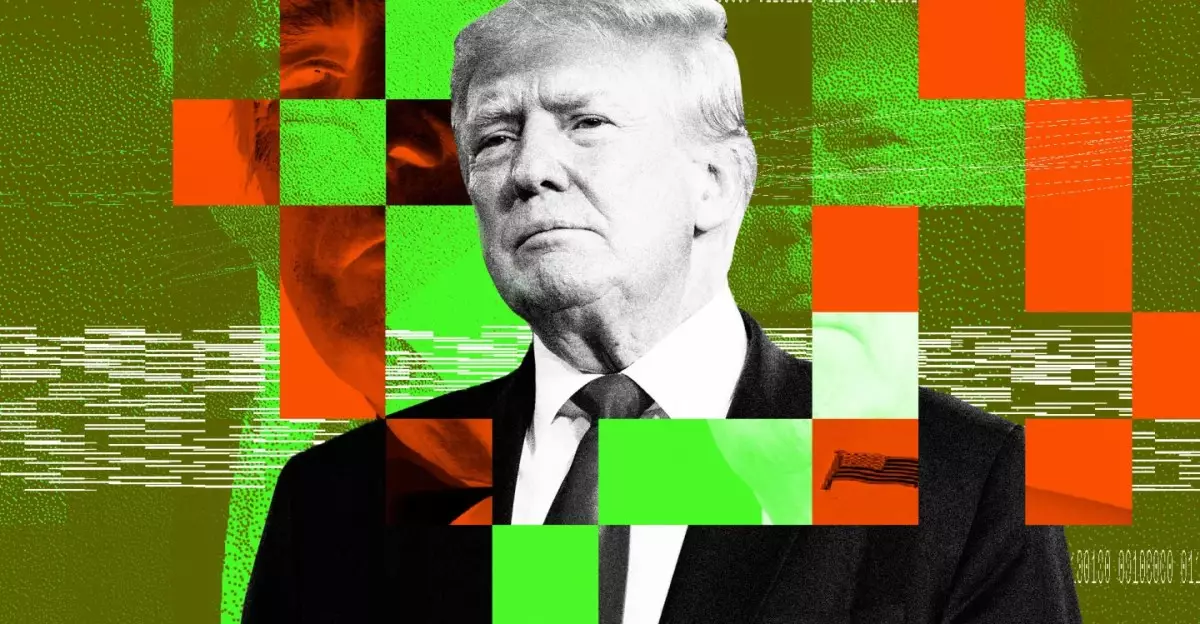The recent suspension of student visa interviews by the U.S. State Department has created a ripple effect, casting uncertainty over countless prospective international students. Behind political maneuvering lies the stark reality that these students, who represent a diverse range of backgrounds and aspirations, now face an uncharted and precarious future. This situation frames a broader conversation about how immigration policies can unintentionally stifle academic collaboration and innovation.
Legal Battles and Challenges
A group of fifteen Iranian students and researchers have taken a bold step against the Trump administration, filing a lawsuit that strikes at the heart of this draconian visa pausing action. The complaint, lodged against Secretary of State Marco Rubio, argues that the decision contravenes the Administrative Procedures Act by being arbitrary and capricious. However, the sealing of the complaint raises questions about transparency in a process that significantly impacts individuals’ lives and opportunities. In the age of digital communication, withholding information only bolsters distrust in a system that should prioritize academic integrity and openness.
Implications for International Students
The repercussions of this suspension extend beyond mere delays; they encapsulate a broader totality of consequences for foreign scholars. The requirement to disclose social media handles, initiated in May 2019, is particularly alarming. It creates an impression that international students are considered potential threats rather than valuable contributors to the academic landscape. The notion that one’s worth as a scholarly individual must align with a political agenda is disheartening. These students are primarily focused on contributing to fields such as computer science, engineering, and finance—things that should unite rather than divide.
The Political Landscape
The State Department’s actions cannot be divorced from a growing wave of nationalism and populism. Rubio’s statements about targeting specific demographics—like students from China or those involved in protests—highlight how political agendas are entwined with the very fabric of education. The decision to revoke visas based on perceived affiliations or actions introduces a chilling effect, stifling discourse and diversity on campus.
This chaotic environment reveals a troubling trend wherein international students become pawns in a larger political chess game. Each step taken by legislators not only threatens individual aspirations but ultimately undermines the principles of academic freedom and exchange that have historically positioned the American educational system as a leader globally.
Universities at the Crossroads
Institutions of higher learning must grapple with these complexities while advocating for their international student bodies. As organizations committed to diversity, universities should challenge practices that segregate students by nationality and ideology. The eroding trust in the immigration system threatens to blur the lines of academic inquiry, ultimately compromising the United States’ position as a research powerhouse.
The imminent risks faced by nearly 6,800 students enrolled at Harvard—due to the rescinding of access to critical enrollment databases—serve as a stark reminder of the weight of bureaucratic decisions on human lives. It showcases a need for advocacy and action, demanding systemic change to these policies that hinder rather than help. International education ought to be a bond that fosters understanding, not a battleground for political strife.


Leave a Reply